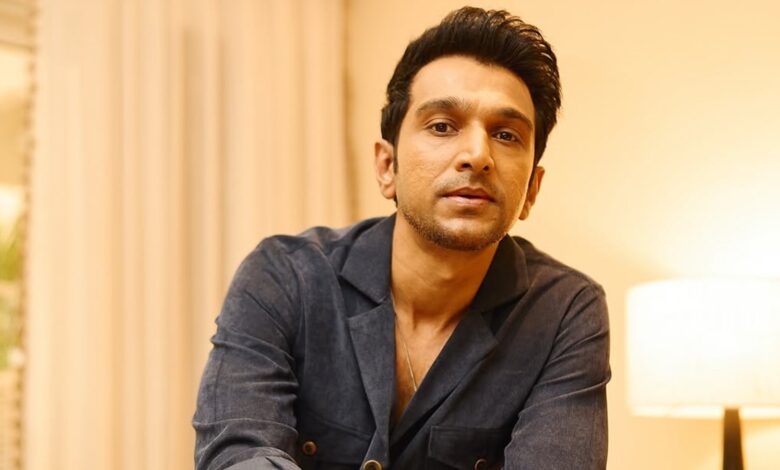Can drinking only 1 litre water a day help you lose weight?

Pratik Gandhi, popular for his performance in Hansal Mehta’s Scam 1992 and Kunal Khemu’s debut directorial Madgaon Express, is back on screen with Dhoom Dhaam, a new Netflix film alongside Yami Gautam. In a recent interaction with Bollywood Hungama, Gandhi shared that the movie has a glimpse of his washboard abs, and spoke about the intense regimen behind his chiseled look in the film.
“I ate a lot of protein, worked out intensely, and barely got any sleep. I drank very little water and endured cramps, all for this body. For four days before the shoot, I only drank one litre of water a day—including all liquid intake like tea and coffee. I also completely cut out carbs and salt. And when you don’t consume carbs, you become irritable. I was just waiting for the sequence to get over so I could drink water properly again,” said Gandhi.
spoke to Umang Malhotra, clinical dietitian at Fitelo, to understand the impact of drinking only a litre of water on one’s weight loss goals and overall health.
Story continues below this ad
“This practice, often seen in professional bodybuilding, is designed to reduce water retention and enhance muscle definition. The human body is composed of about 70 per cent water, dributed between intracellular fluid (ICF) and extracellular fluid (ECF). ICF accounts for nearly two-thirds of the total body water and is crucial for cellular function, while ECF (including blood plasma and interstitial fluid) helps transport nutrients and remove waste,” said Malhotra.
Sustainable weight loss includes equal focus on diet, nutrition and fitness. (Source: Freepik)
What happens to the body when you drink only 1 litre of water a day?
1. Reduction in ECF Volume – A lower intake of water leads to a drop in extracellular fluid, making the skin appear tighter and muscles more defined. This is a temporary effect, often used bodybuilders and actors before photoshoots or competitions.
2. ICF Shrinkage and Cellular Stress – With prolonged dehydration, cells begin to lose water, affecting metabolic function and muscle performance.
3. Electrolyte Imbalance – The balance of sodium, potassium, and other electrolytes is disrupted, potentially leading to muscle cramps, weakness, dizziness, and even serious cardiac complications.Story continues below this ad
4. Compromised Hydration Levels – The body regulates hydration through hormones like vasopressin, which increases water retention when fluid levels are low. Chronic dehydration can stress the kidneys and lead to long-term health issues.
“While drinking less water may lead to temporary weight loss due to reduced water retention, it does not contribute to fat loss. The lost weight is primarily water weight, which will return once normal hydration levels are restored,” said Malhotra. He also said that dehydration can slow down metabolism and impair fat oxidation, making long-term weight loss more difficult.
Gandhi’s extreme approach was a short-term measure for camera-ready aesthetics, not a recommended fitness practice. For sustainable weight loss and muscle definition, experts recommend proper hydration, a balanced diet, and consent exercise.







